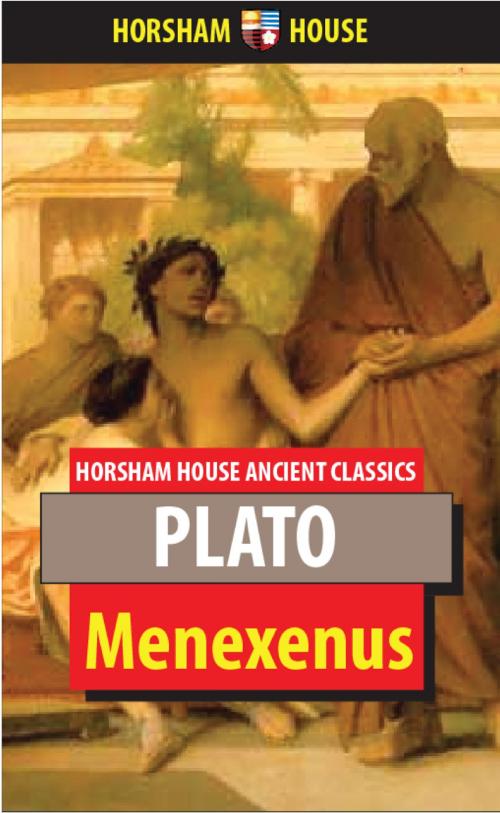Menexenus
Nonfiction, Religion & Spirituality, Philosophy, Ancient, History, Ancient History, Greece, Ethics & Moral Philosophy| Author: | Plato, Benjamin Jowett (Translator) | ISBN: | 1230000212983 |
| Publisher: | The Horsham House Press | Publication: | January 26, 2014 |
| Imprint: | Language: | English |
| Author: | Plato, Benjamin Jowett (Translator) |
| ISBN: | 1230000212983 |
| Publisher: | The Horsham House Press |
| Publication: | January 26, 2014 |
| Imprint: | |
| Language: | English |
A funeral oration by Plato. The Menexenus or Funeral Oration is cited by Aristotle, and is interesting as supplying an example of the manner in which the orators praised 'the Athenians among the Athenians,' falsifying persons and dates, and casting a veil over the gloomier events of Athenian history. It exhibits an acquaintance with the funeral oration of Thucydides, and was, perhaps, intended to rival that great work. If genuine, the proper place of the Menexenus would be at the end of the Phaedrus. The satirical opening and the concluding words bear a great resemblance to the earlier dialogues; the oration itself is professedly a mimetic work, like the speeches in the Phaedrus, and cannot therefore be tested by a comparison of the other writings of Plato.
A funeral oration by Plato. The Menexenus or Funeral Oration is cited by Aristotle, and is interesting as supplying an example of the manner in which the orators praised 'the Athenians among the Athenians,' falsifying persons and dates, and casting a veil over the gloomier events of Athenian history. It exhibits an acquaintance with the funeral oration of Thucydides, and was, perhaps, intended to rival that great work. If genuine, the proper place of the Menexenus would be at the end of the Phaedrus. The satirical opening and the concluding words bear a great resemblance to the earlier dialogues; the oration itself is professedly a mimetic work, like the speeches in the Phaedrus, and cannot therefore be tested by a comparison of the other writings of Plato.















